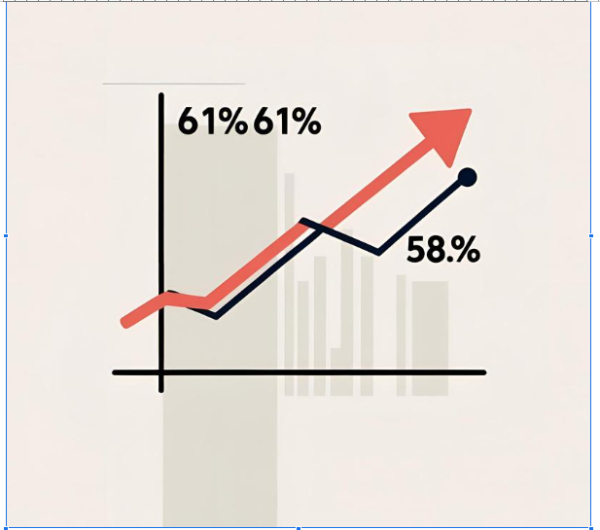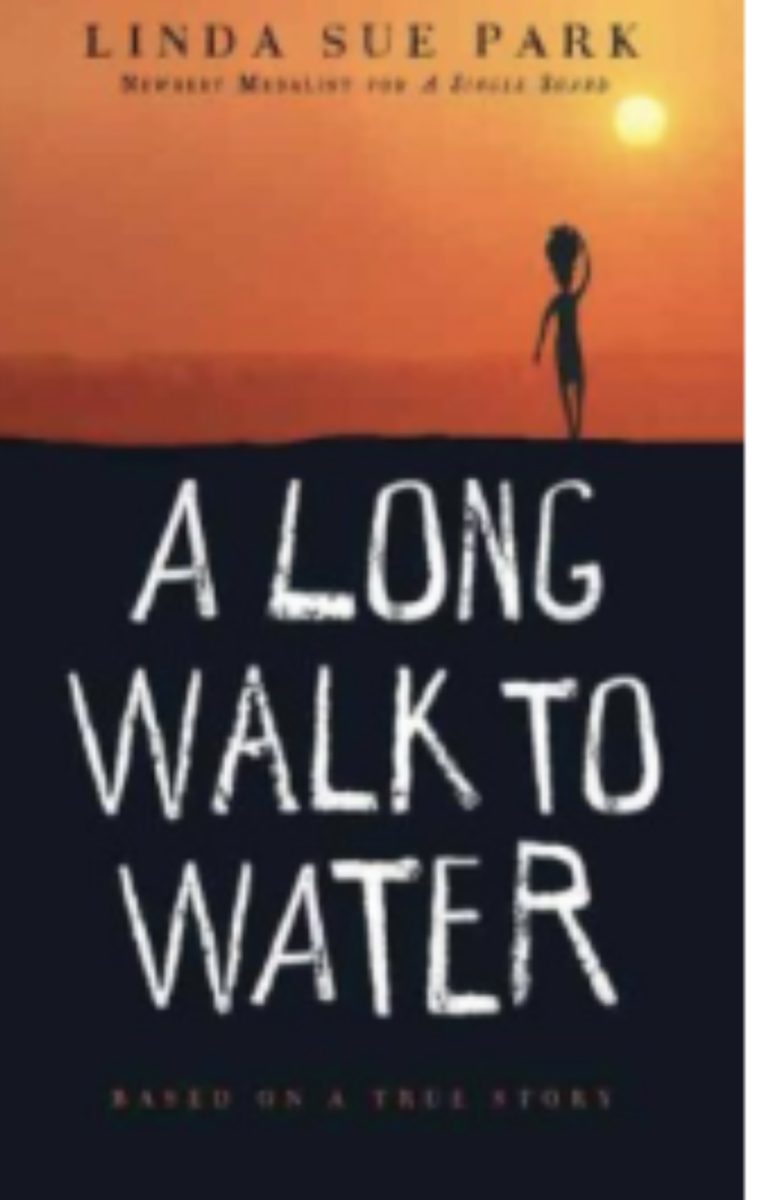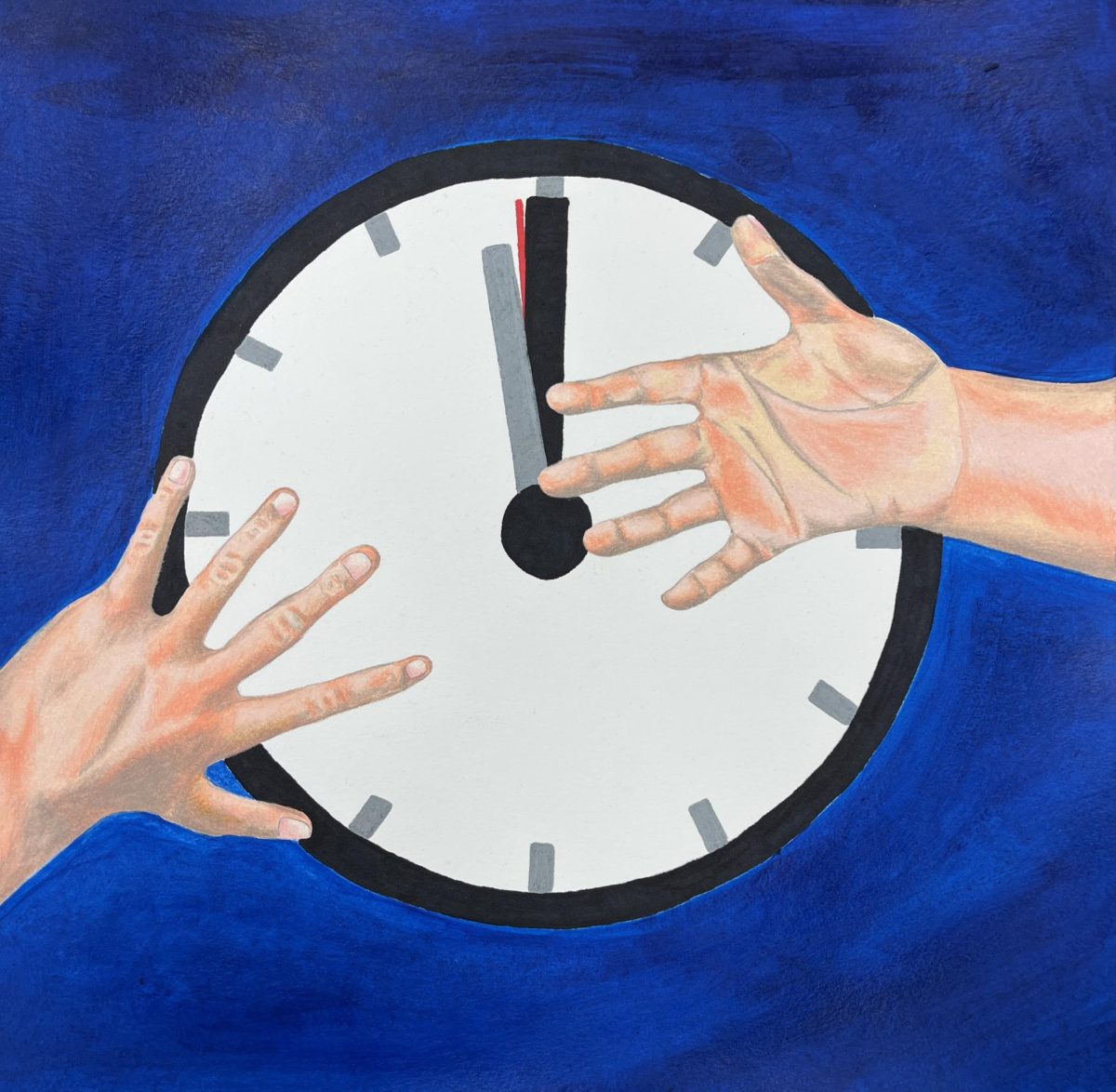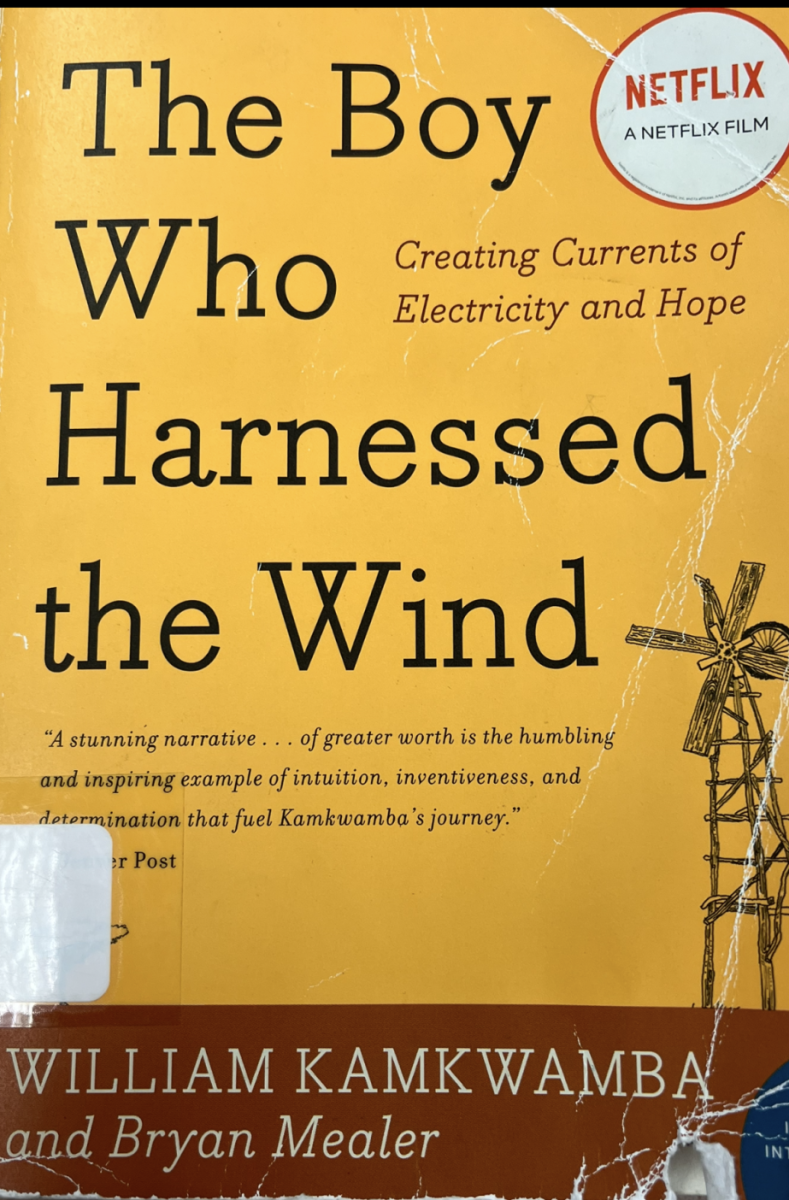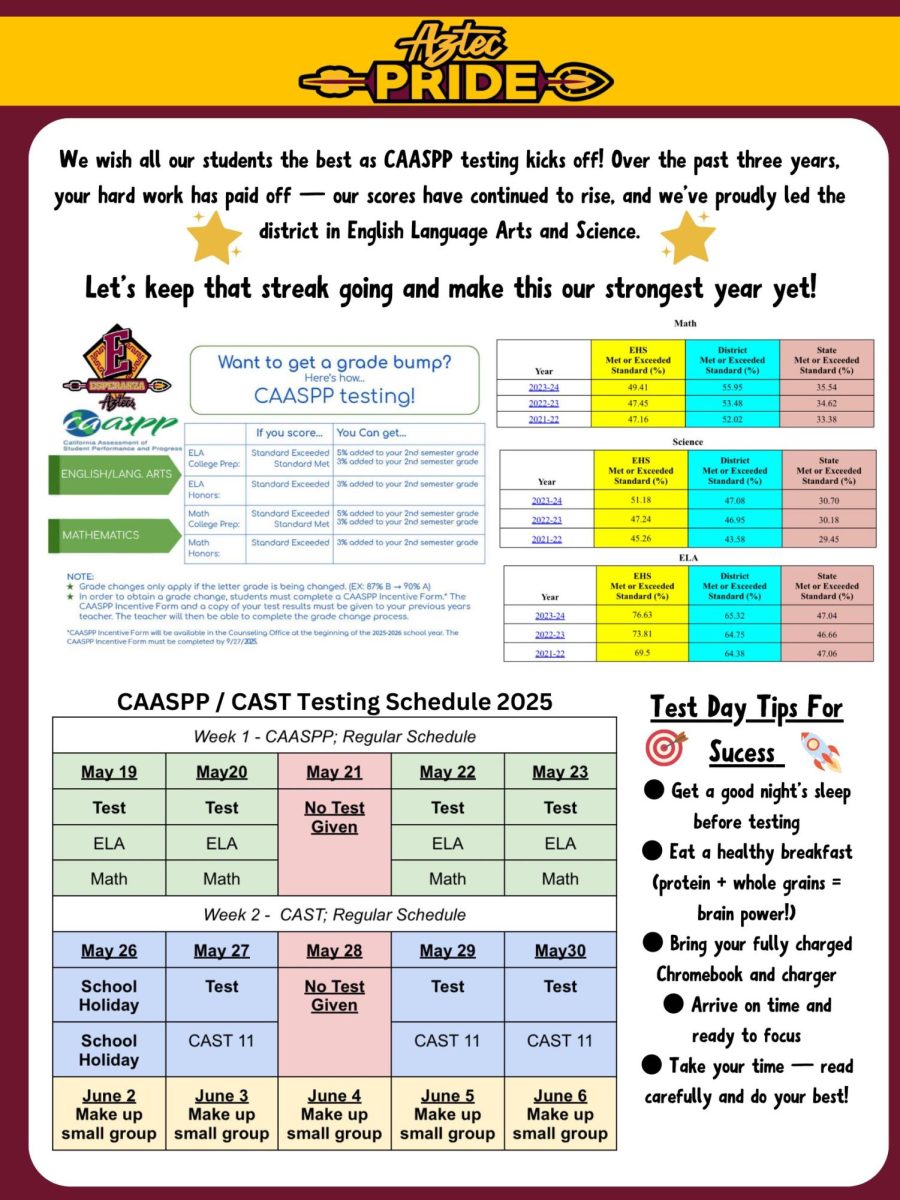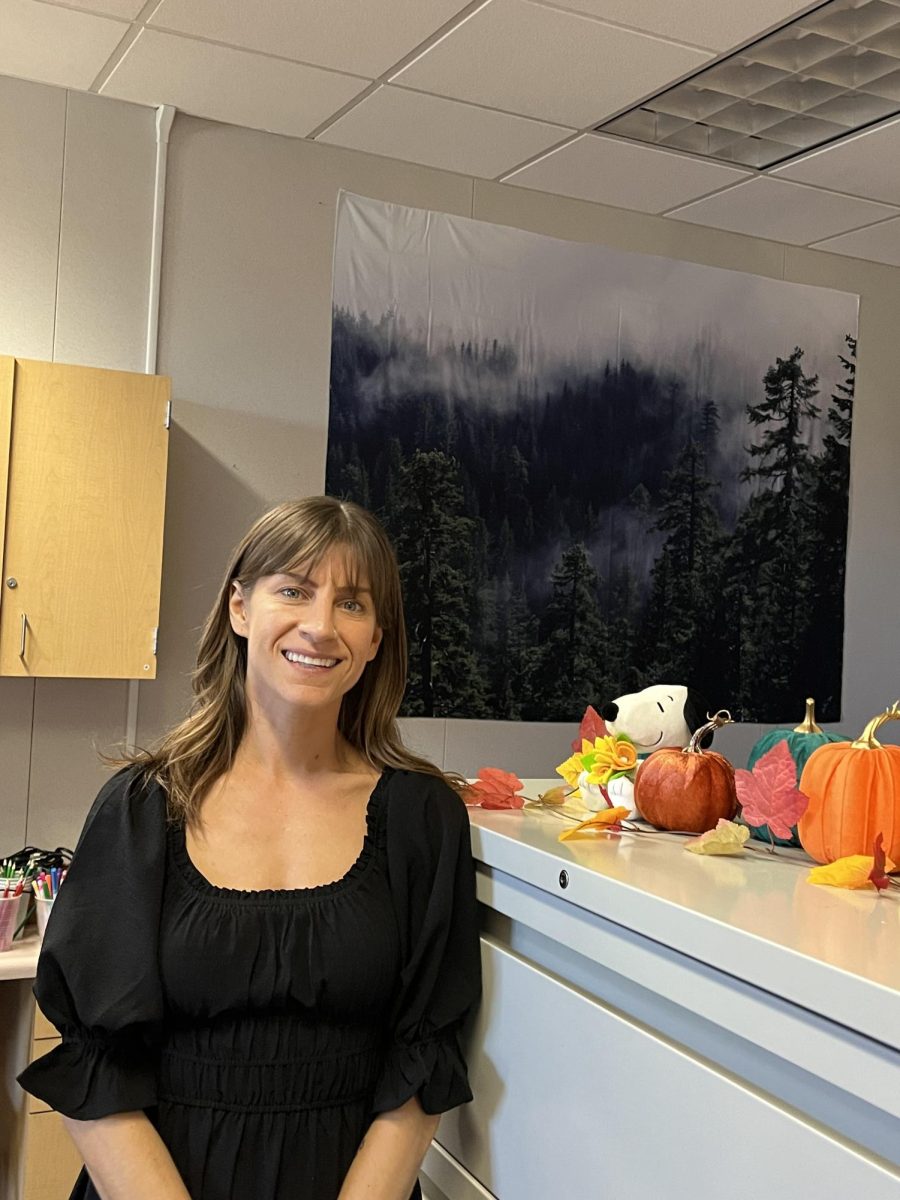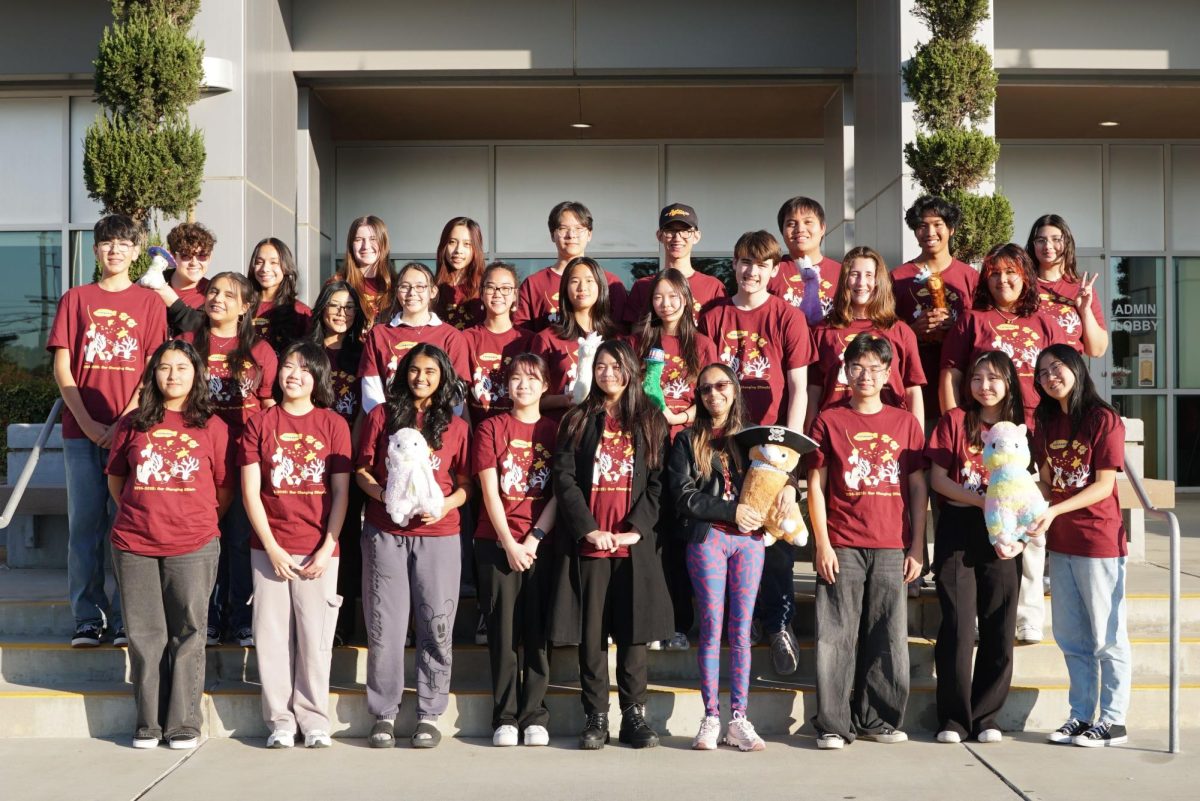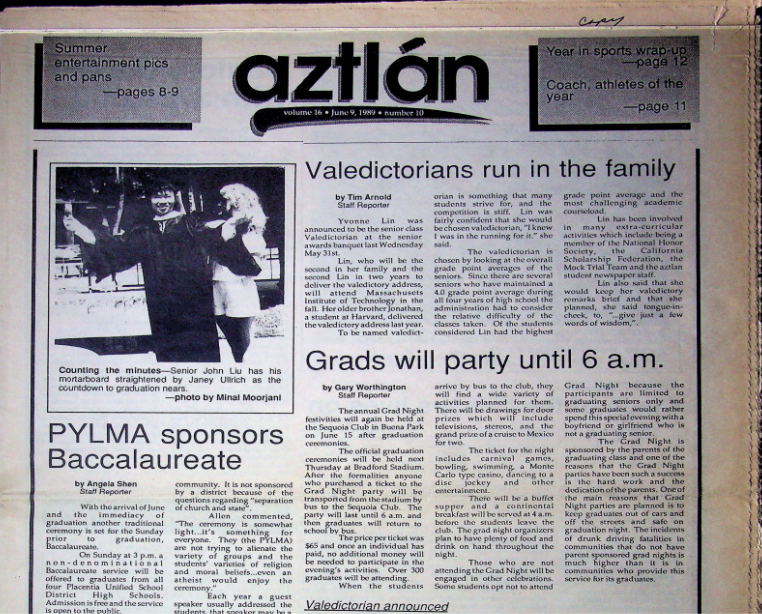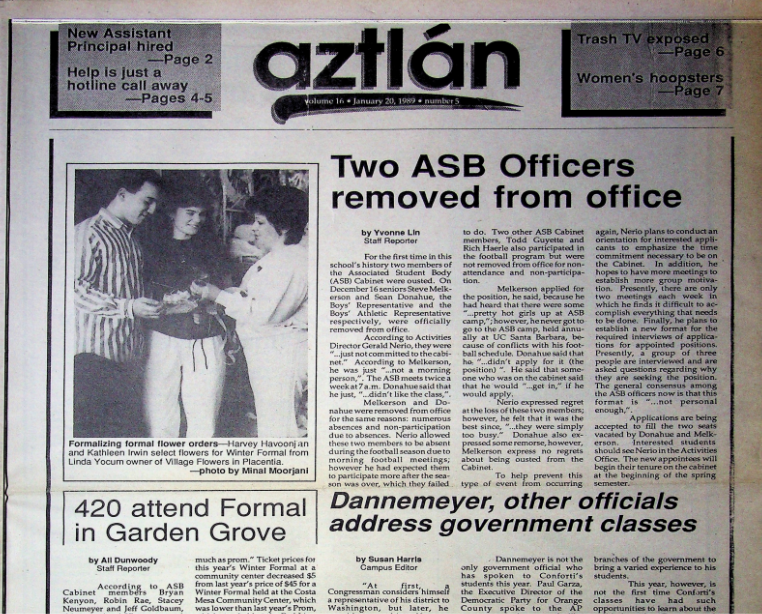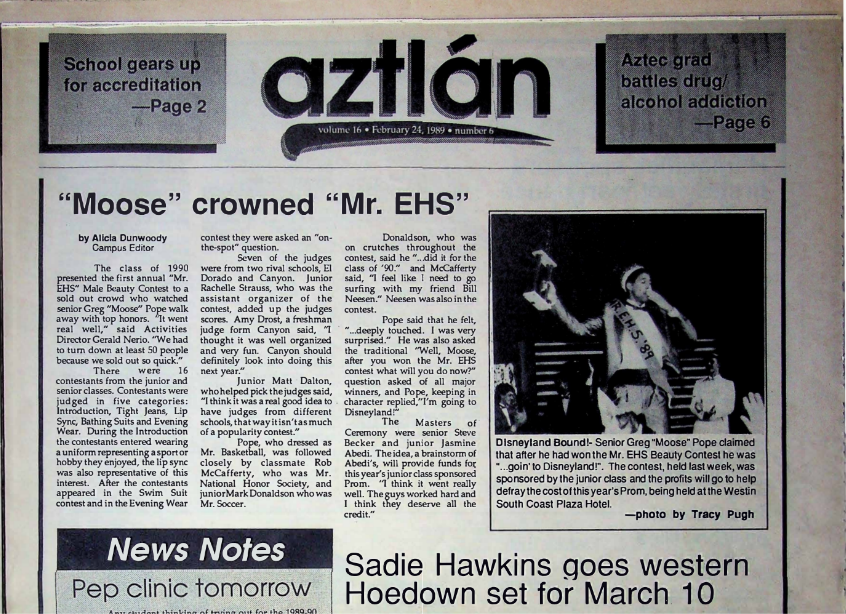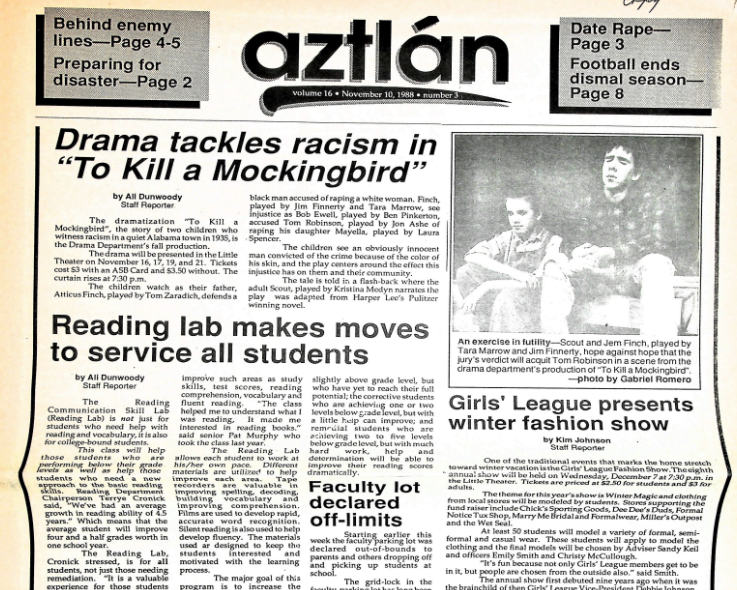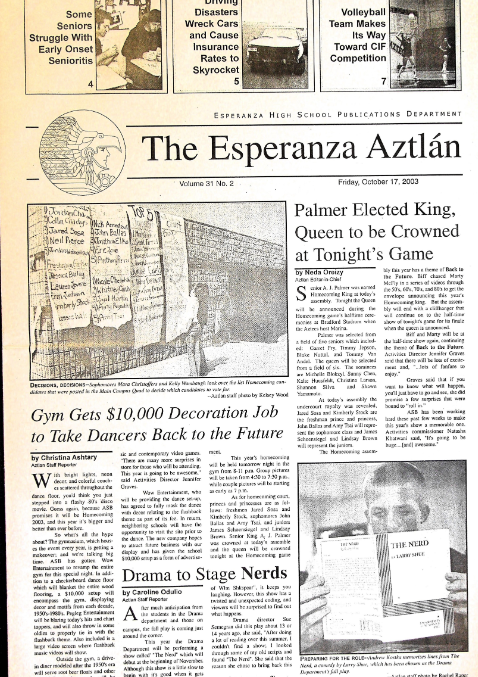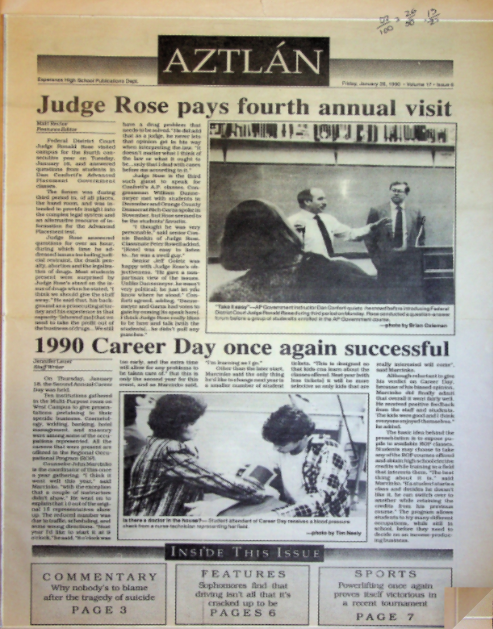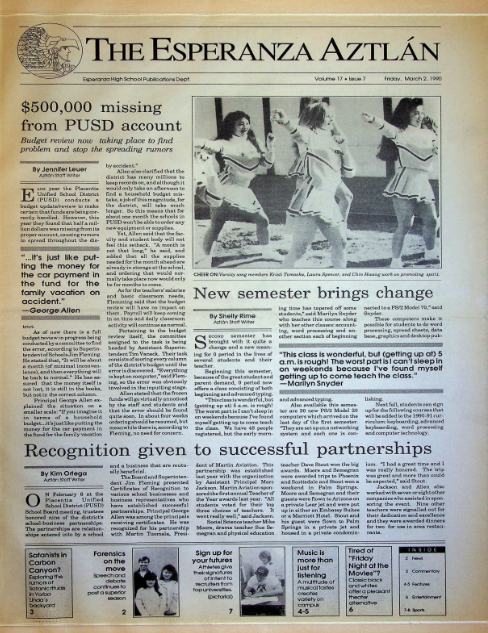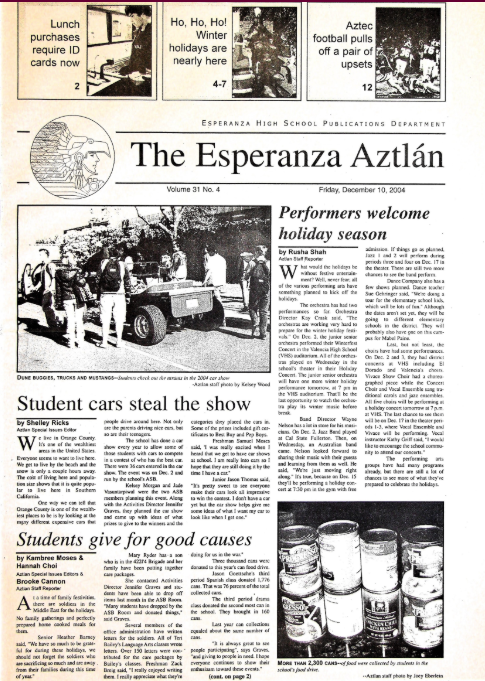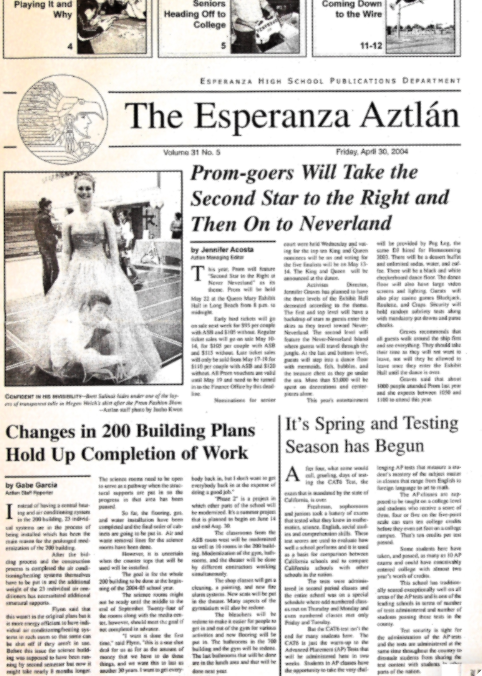Study Tips for Second Semester
March 8, 2022
Second Semester is a time for goal setting and grades, studies and successes. If you’re not pleased with your grades during the first semester or want to build better study habits, here are four easy ways to increase productivity.
- Pomodoro Method – This is a technique created by Francesco Cirillo that encourages students to “work with the time they have – rather than against it”. It consists of twenty five minutes of deep focus followed by a five minute break. The rationale behind this is that we will work both faster and more efficiently under time constraints. A two hour task seems daunting and grueling. But four thirty-minute sessions? Now, that sounds like a breeze. The Pomodoro method has become much more widespread due to technology. Both Android and IOS offer the app, Forest, which utilizes this technique. For every minute you spend studying, you can add a tree to your luscious virtual garden. If you spend enough focused hours, you can plant a real tree in Africa through the organization, Trees for the Future.
- Make a To-Do List – Find yourself turning in late assignments? As high schoolers, we’re slammed with deadline after deadline. And, we’re all human! We make mistakes and we forget things. A to-do list helps to organize our thoughts as well as ensure everything is turned in on time. But it’s more than mindlessly listening tasks. It’s a productivity tool of its own. Utilize the time block strategy to maximize productivity. A typical after-school schedule may look like this:
5:00 – 5:30: Complete Language Arts assignment
5:30 – 5:45: Break
5:45 – 6:30: Complete math practice test
6:30 – 7:00: Review US History flashcards
Another perk of this method is its versatility. It’s able to be applied to any aspect of life including sports, work, and of course, school. It keeps us tethered to our goals and prevents us from straying off track. Google Calendars can be a useful resource to track deadlines and remind us of upcoming projects and tests.
3. Active Recall – One of the most tried and true study methods is active recall. It’s what differentiates the B-students from the A-students, the average students from the successful. Active recall forces you to truly comprehend the material enough that you can restate it without the help of notes or a study guide. The act of retrieving stored information in your brain strengthens the pathways and allows for speedier recall in the future. Next time you read a textbook, take a pause after a few pages and summarize what you just read. One of our worst mistakes as students is simply re-reading our notes and convincing ourselves that we know the information. Understanding is key. Unless you’ve mastered the information enough to teach it, it will be difficult to regurgitate for a test. Author of Make it Stick: The Science of Successful Learning, Peter C Brown, states that “rereading has three strikes against it.” He claims that it is counterintuitive, “time consuming”, and “is no measure of mastery” of the topic.
4. Put your phone away! – The biggest distractor of all sits right in our pockets – our phones. One glance at TikTok or Instagram may have us scrolling for hours and hours on end. Sometimes even leaving your phone on the other side of the house can deter us from wasting time. Instead of waiting for the dopamine hit that comes with a text message, silence your notifications. If you’re an Iphone user, IOS15 has a new “focus mode” that helps to decrease distractions.







